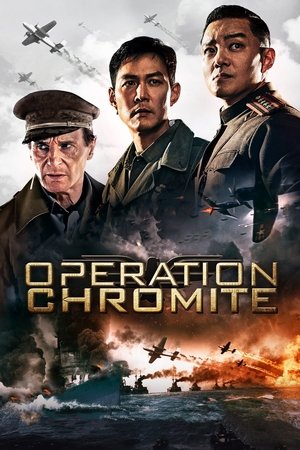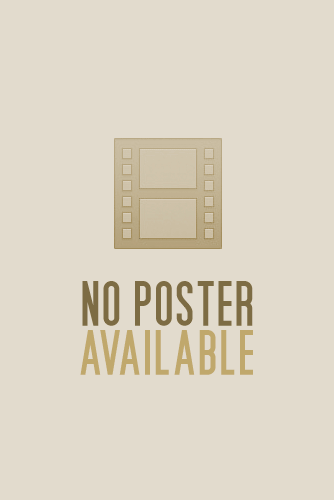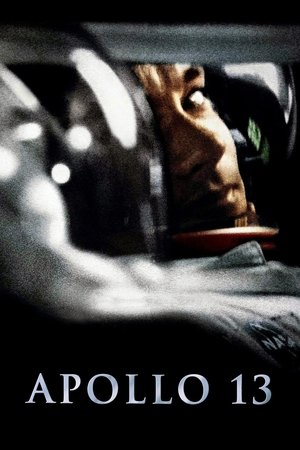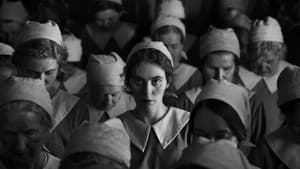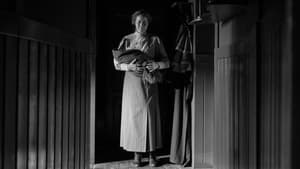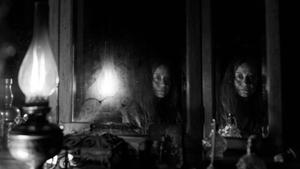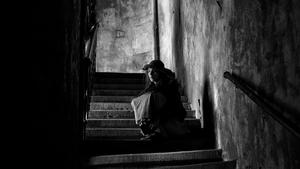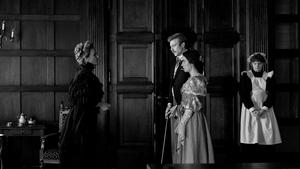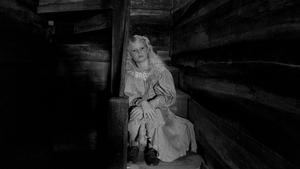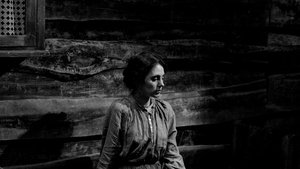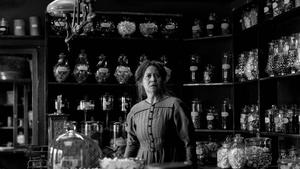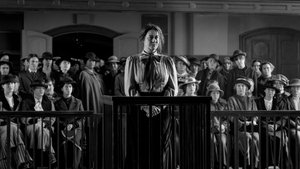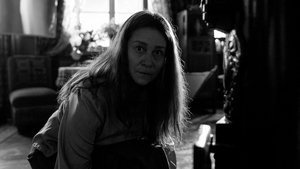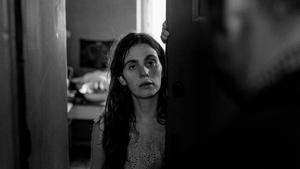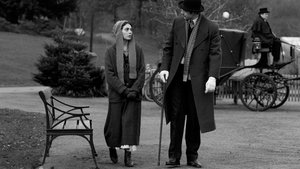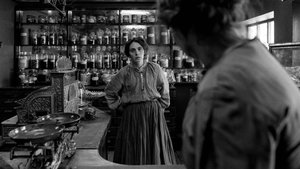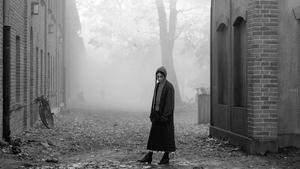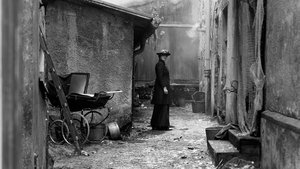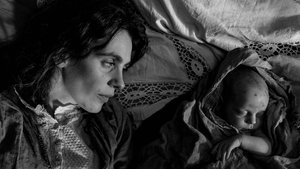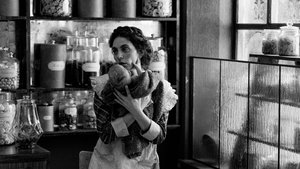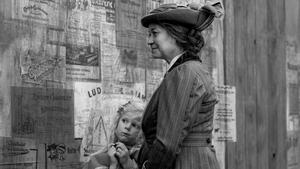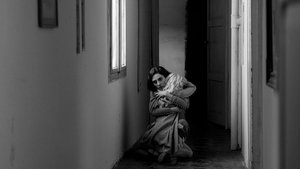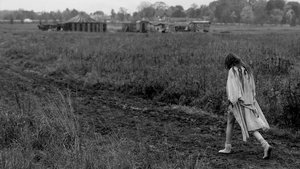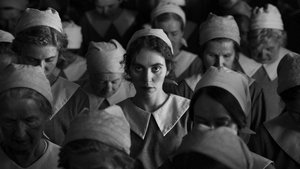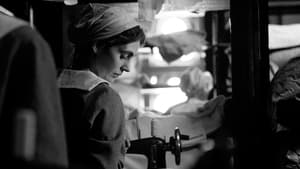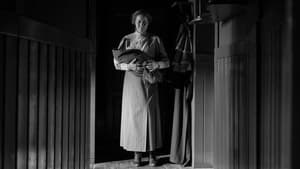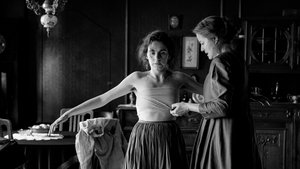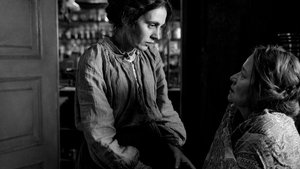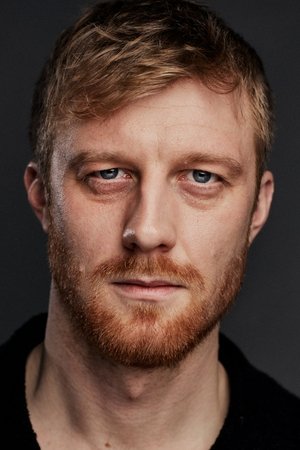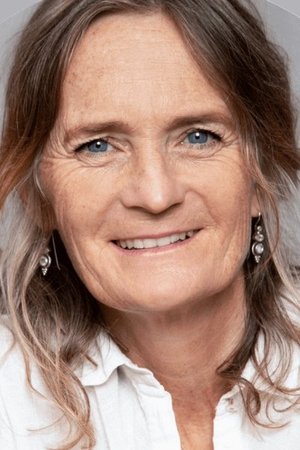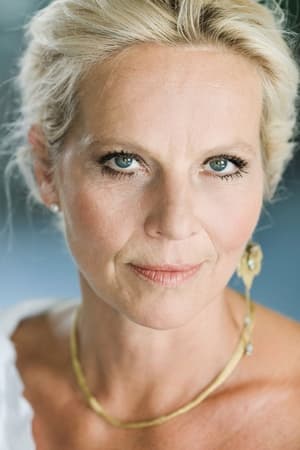-
Brent Marchant
Having been trained as a journalist, I’m generally not one to back away from an unsettling story, whether told through reporting or on the silver screen. However, there are times when I have to question the wisdom of whether certain films should be made in the first place. Just because it can be done, in my estimation, does not necessarily mean that it should be done. Such is the case with writer-director Magnus von Horn’s third feature outing, a dark, fact-based story that’s innately disturbing and, frankly, pushes the boundaries of good taste. The film, set in Copenhagen as World War I comes to an end, follows the life of Karoline (Vic Carmen Sonne), a factory seamstress whose husband, Peter (Besir Zeciri), was believed killed during the conflict. In his absence, she becomes romantically involved with, and subsequently pregnant by, her boss, Jørgen (Joachim Fjelstrup), who summarily abandons her when his wealthy, controlling mother (Benedikte Hansen) threatens to cut him off financially if they wed. Karoline is thus left with the prospect of becoming an unemployed single mother. She takes drastic steps to end the pregnancy but reconsiders her decision when she meets a seemingly compassionate and supposedly legitimate but highly unscrupulous baby broker, Dagmar (Trine Dyrholm), who offers to help Karoline out of her dilemma – for a price. Little does she know, though, that the cost is far higher than she ever imagined, especially when she becomes involved with the new stranger and her wholly unprincipled operation. What ensues is one of the most troubling stories I have ever seen committed to film, one that genuinely makes me wonder whether it should have ever been told in the first place. Admittedly, this picture is technically well made, with gorgeous black-and-white cinematography and fine performances across the board. However, it’s so cold and unsettling that even viewers with cast-iron stomachs and unflinching cinematic sensibilities may find this one difficult to sit through. Perhaps it may have worked better as a documentary than as a narrative reenactment, but that’s precious little comfort in the face of this offering’s ominous subject matter. It also makes me wonder how so many critics, awards competitions and film festivals have come to lavish so much praise on it, despite the undeniable technical prowess that’s gone into making this picture. Those accomplishments hardly seem to be enough to justify this release’s existence and represent a growing trend toward an inherently unfeeling, irresponsible approach to moviemaking, one whose further development, in my opinion, should be nipped in the bud, no matter how groundbreaking, inventive and provocative it might be seen. Some have tried characterizing “The Girl with the Needle” as a chilling horror film, but, from where I stand, I see it more as a horrific film, a truly dubious distinction to be sure. Indeed, don’t say you weren’t warned about this one.
please Login to add review

